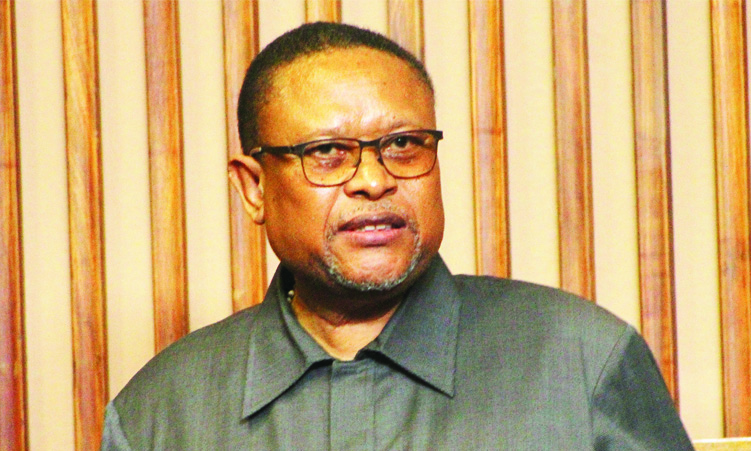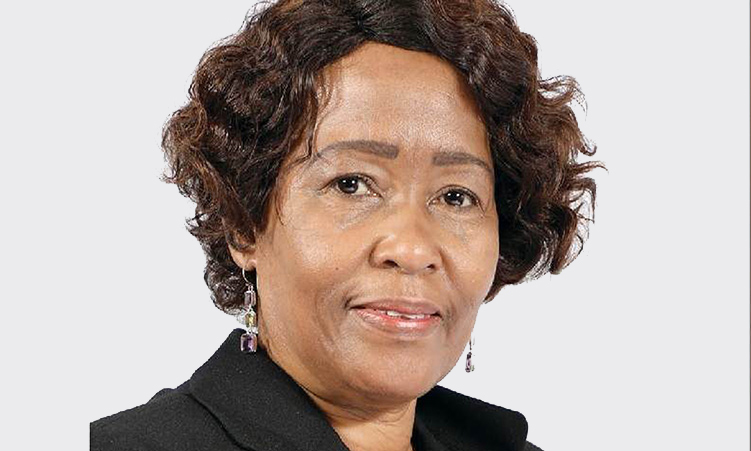COMMERCIAL banks started dropping their prime lending and mortgage rates by one percentage point to 12,75 per cent yesterday, in total saving clients roughly N$25 million a month.
The decrease follows the Bank of Namibia’s (BoN) decision to cut its repo rate by 100 basis points to eight per cent. This will pump an additional N$300 million per year into the slumping Namibian economy.
The move brings welcome relief as consumers face a hike of 15 per cent in electricity tariffs in addition to another increase in fuel prices this week.
It also coincides with the news that the price monster is relentlessly continuing its attack on the consumer’s spending power, with inflation for March coming in at 11,2 per cent, slightly lower than the 11,6 per cent of January and February.
BoN Governor Tom Alweendo on Wednesday said his third consecutive rate cut was ‘necessary to support the local economy’.
With economic growth in 2009 now expecting to plunge to 0,4 per cent and even further, Alweendo said the decrease will provide a ‘stimulus for consumer and investment demand expansion’.
The BoN has dropped its repo rate by 2,5 percentage points since December.
This roughly adds up to a total saving of N$538 per month on a home loan of N$300 000, N$1 250 per month on a home loan of N$700 000 and N$1 788 on a mortgage of N$1 million.
Very little has changed since the BoN reviewed its monetary policy in February, Governor Alweendo said.
Food price inflation remains ‘uncomfortably high’. There seems to be some relief with bread, milk and oils, but meat, vegetables and sugar are still on an upward trend, he said.
Namibia’s Consumer Price Index (CPI) for March shows food price inflation dropping by 0,7 percentage points to 15,4 per cent. The rates for vegetables and fruit remain sky-high, coming in at 20,1 per cent and 19,6 per cent respectively. Fish and meat inflation are just as steep and now stand at 17,1 per cent and 15,8 per cent respectively.
Alweendo said he expects that the recently announced zero-rating of value-added tax (VAT) on milk and sugar will somewhat ease the price pressure.
‘In the longer run, it is expected that it will take a while for the decline in international food prices to filter through to the retail level in Namibia,’ he said.
Alweendo also warned that that the regional shortages of maize and the volatile and depreciating currency present a risk to the inflation outlook, particularly regarding food prices.
Transport inflation, the other major driver of inflation, continued to decline in March and now stands at 7,6 per cent thanks to the cheaper fuel of the past months. However, this could be short-lived, Alweendo cautioned, referring to the fuel price increases last month and today.
‘Overall, however, the Executive Committee of the BoN expects that, in the medium term, inflation should continue its downward trajectory mainly on account of a rapidly slowing world economy,’ he comforted.
Simonis Storm Securities economist Emile van Zyl shares the Governor’s confidence that inflation will ease up.
More stabile commodity prices, coupled with a stronger Namibian dollar against the US dollar, are bound to lead to a significant drop in inflation in the second half of 2009, he said.
For now though, Van Zyl expects the increases in the fuel price and electricity tariffs combined to up the CPI by 0,4 per cent.
More expensive fuel shouldn’t rock the boat too much, he feels. More expensive electricity is likely to keep inflation at higher levels for longer than anticipated, though.
‘This type of administered prices can lead to higher wage expectations and escalation clauses in contracts, for example, which will result in inflation spiralling,’ Van Zyl said.
Governor Alweendo reassured that despite Namibia’s persisting high inflation, the BoN is confident that its key anchor to ensure long-term price stability, namely the currency peg, remains sustainable.
Liquidity conditions in the banking system has improved further, with no detrimental outflow of capital. Although international reserves declined slightly to N$13,8 billion at the end of March, it is still more than enough to support the currency peg, Governor Alweendo assured.
Both Bank Windhoek and Standard Bank Namibia yesterday announced a cut in their prime lending and mortgage rates. Whereas Bank Windhoek’s decrease was effective immediately, Standard Bank Namibia will only offer lower rates from Monday onwards.
jo-mare@namibian.com.na
Stay informed with The Namibian – your source for credible journalism. Get in-depth reporting and opinions for
only N$85 a month. Invest in journalism, invest in democracy –
Subscribe Now!










